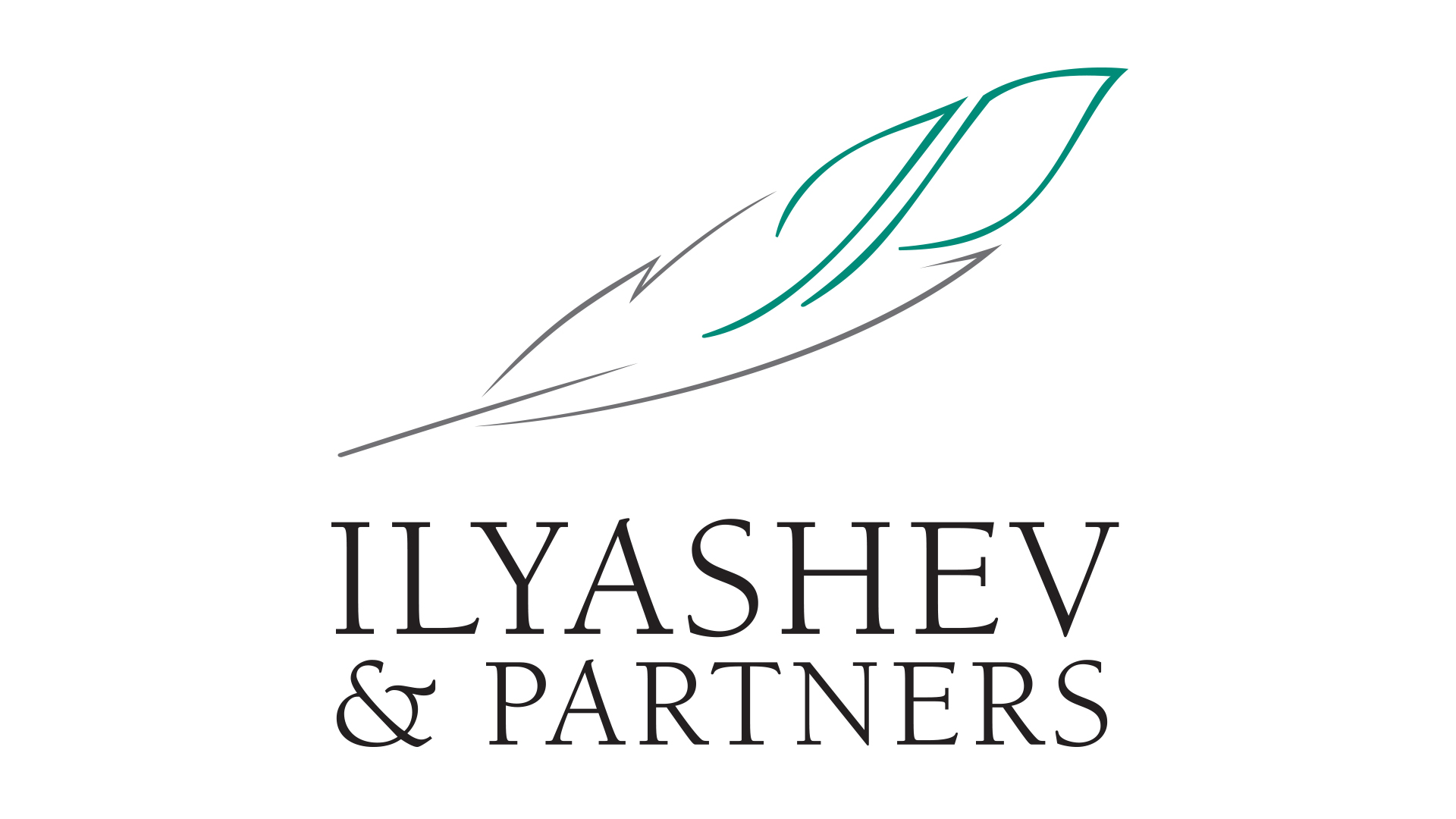Best Collaborative Law Lawyers in Kyiv
Share your needs with us, get contacted by law firms.
Free. Takes 2 min.
Free Guide to Hiring a Family Lawyer
List of the best lawyers in Kyiv, Ukraine
About Collaborative Law in Kyiv, Ukraine
Collaborative Law is a non-adversarial legal approach that involves open communication and cooperation between all parties involved, including their respective lawyers. In Kyiv, Ukraine, it is being increasingly adopted as a method to resolve family, corporate, contract, and civil disputes. This method foregoes the need for lengthy courtroom trials and encourages parties to amicably settle matters using negotiation and compromise, facilitated by their respective lawyers in an organized manner.
Why You May Need a Lawyer
Having a lawyer adept at Collaborative Law can be beneficial in several situations. If you're undergoing a divorce, separation, child custody, or other family disputes, a collaborative lawyer can help foster open communication and compromise. They are equally crucial in business disputes, contract negotiations, or civil disagreements where relationships and reputations are at stake. Collaborative lawyers access expertise, such as financial advisors or family practitioners, to assist parties in reaching balanced and fair outcomes.
Local Laws Overview
In Kyiv, Collaborative Law falls under the jurisdiction of the Ukrainian Civil Code and Family Code for cases related to family disputes, and the Civil Procedure Code for civil disputes. The process is voluntary and confidential, and parties have the right to choose their lawyer. If the collaborative process fails to resolve the dispute, and litigation is initiated, the lawyers initially involved must withdraw from the case to prevent conflicts of interest.
Frequently Asked Questions
Is considering Collaborative Law mandatory for resolving disputes?
No, considering Collaborative Law is not mandatory. It is a voluntary process that parties can consider as an alternative to courtroom litigation.
Is the collaborative process confidential?
Yes, the collaborative law process is confidential. Information revealed during the process is protected and cannot be used later in court if the process fails.
What happens if the Collaborative Law process fails?
If the collaborative process fails to resolve the dispute, and parties choose to move to court litigation, the collaborative lawyers initially involved in the process are obligated to withdraw from the case.
Can any lawyer practice Collaborative Law?
Yes, any lawyer can practice Collaborative Law. However, it is recommended to seek lawyers who have received training or certification in Collaborative Law for a smoother process.
Are resolutions signed in collaborative procedures legally binding?
Yes. The resolutions signed during collaborative procedures are put into legally binding agreements which can be enforced by law.
Additional Resources
Several resources are available related to Collaborative Law in Kyiv, Ukraine. The Ukrainian Bar Association and the National Association of Advocates of Ukraine provide information regarding lawyers specializing in Collaborative Law. Also, the Ukraine Legal Aid Foundation offers resources regarding dispute resolution.
Next Steps
If you need legal assistance in Collaborative Law, the first step is to find a lawyer with expertise in Collaborative Law practices. Seeking help from legal aid organizations or referral services can make this process easier. Remember, it's vital to discuss all your concerns and ask about the entire process, potential complexities, and costs upfront during your initial consultations. This will prepare you for the process and will help you make informed decisions.
Lawzana helps you find the best lawyers and law firms in Kyiv through a curated and pre-screened list of qualified legal professionals. Our platform offers rankings and detailed profiles of attorneys and law firms, allowing you to compare based on practice areas, including Collaborative Law, experience, and client feedback.
Each profile includes a description of the firm's areas of practice, client reviews, team members and partners, year of establishment, spoken languages, office locations, contact information, social media presence, and any published articles or resources. Most firms on our platform speak English and are experienced in both local and international legal matters.
Get a quote from top-rated law firms in Kyiv, Ukraine — quickly, securely, and without unnecessary hassle.
Disclaimer:
The information provided on this page is for general informational purposes only and does not constitute legal advice. While we strive to ensure the accuracy and relevance of the content, legal information may change over time, and interpretations of the law can vary. You should always consult with a qualified legal professional for advice specific to your situation.
We disclaim all liability for actions taken or not taken based on the content of this page. If you believe any information is incorrect or outdated, please contact us, and we will review and update it where appropriate.










